Unlimited vacation days, an open office, working remotely…the mouthwatering lure of special perks. But that’s just what they are, something extra given to employees in addition to regular pay or benefits.
You could be asking, “Well aren’t perks benefits?” and to that I would have to counter, “Well how are these perks beneficial to employees?” You could say that they offer flexibility, a better work/life balance, or even happiness, but I challenge you to think a little deeper about why such perks would be offered.
More and more studies are finding that these “extras” mean nothing unless there are core values in place within an organization. So basically, you can have free lunches, foosball, and all the paid time off in the world, but if none of this is based on sound fundamentals that are universally understood and carried throughout the organization, they are merely just tactics to attract certain types of people.

As a matter of fact, some well known organizations are reversing their once-offered perks. In most recent news, IBM is no longer letting employees work remotely or from home after decades of doing so. They must either work from a set list of IBM locations, or not at all. The company stated the reason for the drastic change was to have creative and inspiring environments where teams could work together “shoulder-to-shoulder,” saying the key to innovation is working together in person.
A few years ago (when this was becoming more popular, even) Kickstarter decided to take back their unlimited vacation day policy and gave employees a set number of paid time off (PTO), common to most organizations. Although they still offer employees with a substantial number of days (25) of PTO, the company says it was difficult for its workers to separate work time from personal time, which ultimately effected motivation and productivity.
Similarly, CEOs of progressive companies with open offices that wanted to create an unrestricted workspace are also reversing their decision to do so. They are finding that closed space is needed to focus. When employees are elbow-to-elbow without any boundaries, it can be harder to actually be “open” to conversations and collaboration.

Are more and more companies coming to learn that these perks aren’t working? Are they retreating to a more traditional workplace because these were all just fads? No. They just got it wrong from the start. Companies like Virgin and Netflix have seen major success with perks such as these, but that is due to something different.
Organizations that have the proper core values set in place and make sure they are the base for everything the company does, have no actual need for all the “extras”. They are just nice to have, but not an essential part of the business. When your people know that you care and that you have their best interests in mind, they are willing to follow guidelines and live your values through every aspect of the job.
So, just one more question. Are these types of “extras” just a way to appeal to top job seekers’ interests, or are they actually a smart decision for businesses? It all depends on what is right for the company and what it believes in. Everything else is just a perk.



